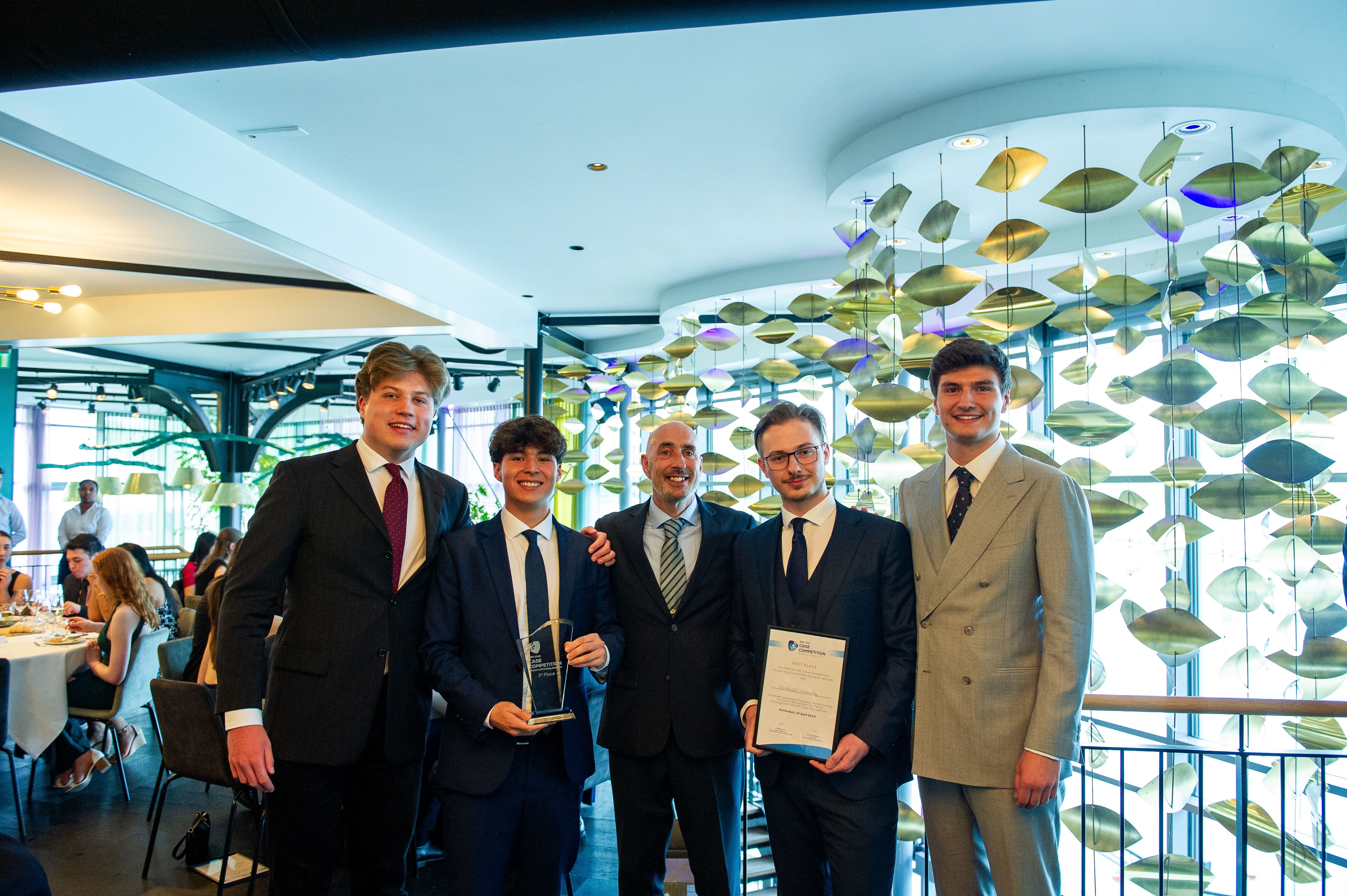Quatrains for a trying quarter
“Poetry can transform fear and sadness into something beautiful.” FASoS’s Sally Wyatt, Professor of Digital Cultures on her faculty’s poetry and art collection ‘Quarantine Spring’, produced between March and May 2020 as a response to the COVID-19 induced lockdown.
It all started when her faculty colleague Paul Stephenson, lecturer in European Studies, tweeted a small quatrain: ‘Look / I Zoom in / And I Zoom out / But can I really focus?’ Wyatt responded to the tweet with the line ‘There once was a tutor on Zoom’, an obvious invitation for fellow colleagues on Twitter to continue the limerick with a second line. And so the seeds of the anthology project were sown…
As Wyatt admitted, “I’d hoped a few people would pick it up – but we were overwhelmed by the volume and quality of submissions.” FASoS published some of the poems and (notably clean) limericks, often responding to each other, in their faculty newsletter during the weeks of lockdown. Acknowledging the impossibility of meeting and the initial difficulties of teaching online, she said, “the enthusiastic response shows that there was clearly a need to connect and to process this new reality.”
“It was a challenge for people; it brightened up their day and provided a source of solace. It showed staff and students that they were not alone. Arguably the dialogue it started has strengthened our community”. Stephenson asserts that it is important that we capture the moment during crisis events. “The anthology is a valuable document of how people were dealing with this global trauma on a personal and practical level.”
Community building
“Often we stay in our own little bubbles, talking about our research,” says Wyatt, “but this really seemed to reach across and connect people. It feels like a dialogue emerged across the faculty.” She came to appreciate how global the university body was. “Sometimes I was almost in tears while reading these beautiful poems about partners or families on the other side of the world.” On reading the poems, she says, “I think it hit internationals hard: being far away from loved ones, the uncertainty of how long it would last, the struggle to keep in touch… the poems expose this vulnerability and are often very moving and very courageous.”
For the collection, the range of artistic expression was expanded to photos, graphic art works and collages. Beyond coming to terms with a new reality of restricted or remote social interaction, Wyatt also noticed nature as a recurring theme: “We got to enjoy this glorious spring during our government-approved walks – this new-found appreciation really comes back in the photos and poems.”
Wyatt is worried about the cultural industry as a whole, not only in terms of funding. “Theatres, music venues and museums have come up with amazingly creative solutions to cope and still reach out to people, but they are facing a really hard time.” She hopes that the collection goes some way to turning more people on to poetry. “Some have tried it for the first time, even if English is not their first language. Academic writing can be boring and dry, so I think this is a great way of becoming better at writing.”
Developing alternative writing skills
Stephenson agrees: “I hope it will give people permission to write and express themselves creatively. It’s all in there in your head, it just needs the release, often through an exercise or prompt. If you give yourself the room for creativity and for playing with words, you will often be surprised what results. People often have the wrong idea about what poetry is – are scared of it even – when in fact many of the poems being written today read in a very plain-speaking and accessible way.”
In fact, Wyatt, who – prosaically – describes herself as “really not a poet” came to the game late and by chance: “I went to one of Paul’s workshops in 2019. I had assumed it was creative writing in general but by the time I’d realised it was exclusively about poetry I thought it too rude to leave. But to my surprise, I had three drafts by the end of the session – and really enjoyed it.”
Given the recent proliferation in MA degree courses in poetry, creative writing, children's and life writing, etc. in the US and UK, Stephenson, who is active in the UK poetry scene, also wonders if there might be more space at Dutch universities for these subjects, at least as electives or minors in creative writing.

Exquisitely Quarantined Corpse - by Anna Harris, Sally Wyatt, Andrea Wojcik and Harro van Lente
You can download Quarantine Spring here.

Sally Wyatt is Professor of Digital Cultures, and Associate Dean for Research at FASOS. She is one of the national coordinators of the Digital Society programme of the Association of Universities in the Netherlands (VSNU).

Paul Stephenson is an assistant professor in European Studies focusing on EU public policy and institutions. He is Director of Studies of the MA European Studies and MA European Public Affairs, and Associate Director of Campus Brussels.
Also read
-
Concentration problems. Troubles with planning. Quickly getting distracted. These are all familiar symptoms of ADHD. More and more UM students report ADHD problems to Disability Support. In what ways is ADHD getting in the way of studying? And how can you reduce ADHD symptoms during your studies? We...
-
SBE took first place in the Rotterdam School of Management Star Case Competition (RSMCC). The competition welcomed 16 top-level international business teams of four students, who were tasked with tackling two real-life business cases.
-
Alisa moved from Moscow to the Netherlands at 17 years old to become a first-year Regenerative Medicine and Technology (RMT) bachelor’s student. Turns out Alisa’s adventurous spirit pushes her to brand-new things, such as the RMT bachelor’s programme and her hobby Tribal Fusion dancing.


